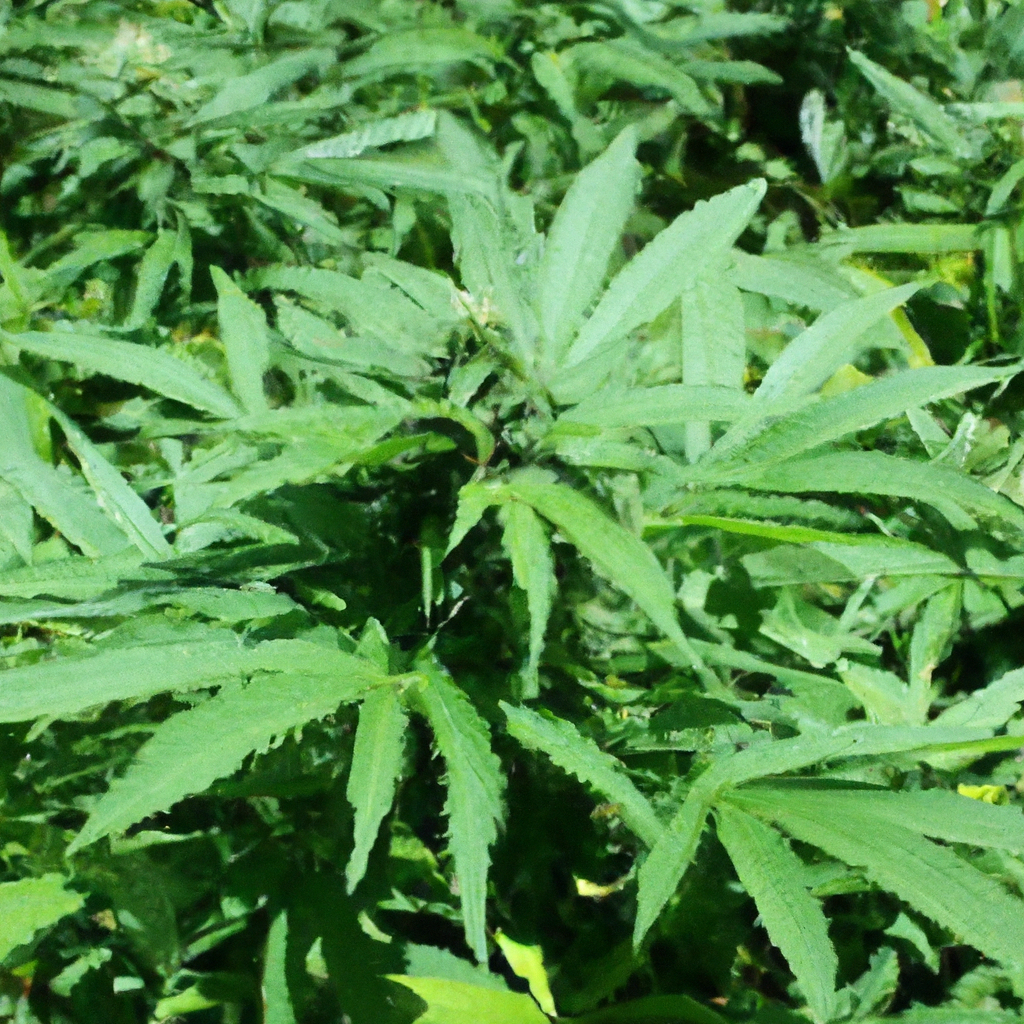Your cart is currently empty!
As more consumers turn towards environmentally friendly practices, organic cannabis cultivation has become an attractive option for growers aiming to produce higher quality yields while minimizing ecological impact. By leveraging natural fertilizers, compost, and sustainable pest control methods, growers can nurture thriving plants without synthetic chemicals.
Building a Robust Soil Ecosystem
The foundation of organic cannabis cultivation begins with healthy soil. A diverse soil ecosystem can mitigate plant stress and enhance nutrient uptake. Here’s how you can enhance your soil naturally:
- Composting: Composting organic waste materials enriches soil fertility. Decomposed matter provides essential nutrients that improve cannabis quality and vitality.
- Cover Crops: Planting cover crops like clover and alfalfa can add nitrogen to the soil and maintain soil structure, reducing erosion while boosting organic matter.
- Mulching: Applying organic mulch helps retain soil moisture, suppress weeds, and promote microorganism activity for improved soil health.
Natural Fertilizers and Nutrient Management
Organic cannabis thrives when nourished with natural fertilizers that promote steady growth and rich flavors.
- Fish Emulsion: This high-nitrogen fertilizer provides essential nutrients to support foliage growth.
- Worm Castings: Containing rich microorganisms, worm castings improve soil aeration and water retention.
- Bat Guano: Known for its high phosphorus content, bat guano enhances cannabis flower production.
Sustainable Pest Control Techniques
Effective pest management is crucial for maintaining an organic cannabis crop. By promoting a balanced ecosystem, pests can be controlled naturally:
- Companion Planting: Planting beneficial species like marigolds and basil can deter pests and attract beneficial insects known for pest control.
- Neem Oil: An effective organic solution, neem oil disrupts the hormonal systems of pests without harming beneficial insects.
- Beneficial Predators: Introducing predators, such as ladybugs and predatory mites, can naturally keep harmful insect populations in check.
Benefits of Organic Cannabis
Choosing to grow cannabis organically offers significant advantages for both the environment and the end consumer:
- Environmental Impact: Avoiding synthetic chemicals reduces soil and water pollution and supports biodiversity.
- Consumer Satisfaction: Organic cannabis often contains higher concentrations of cannabinoids and terpenes, resulting in improved effects and flavors.
- Sustainability: Sustainable practices contribute to long-term soil health, ensuring future productivity and ecosystem balance.
Conclusion
Organic cannabis cultivation is a rewarding and environmentally responsible practice. By focusing on nurturing the soil ecosystem, using natural fertilizers, and adopting sustainable pest control measures, growers can produce high-quality, flavorful cannabis that benefits both the consumer and the planet.
Adopting these organic cultivation tips not only supports cleaner growth practices but also enriches the overall cannabis experience, bringing sustainable horticulture into the mainstream.
Tags: OrganicGrowing, NaturalFertilizers, SustainablePractices, EcosystemBuilding, PestControl
Discover more from Magic Clones
Subscribe to get the latest posts sent to your email.


Leave a Reply